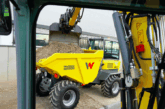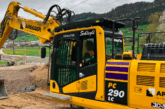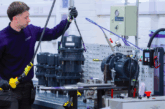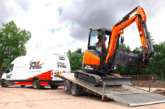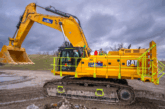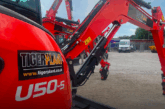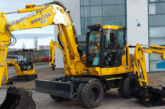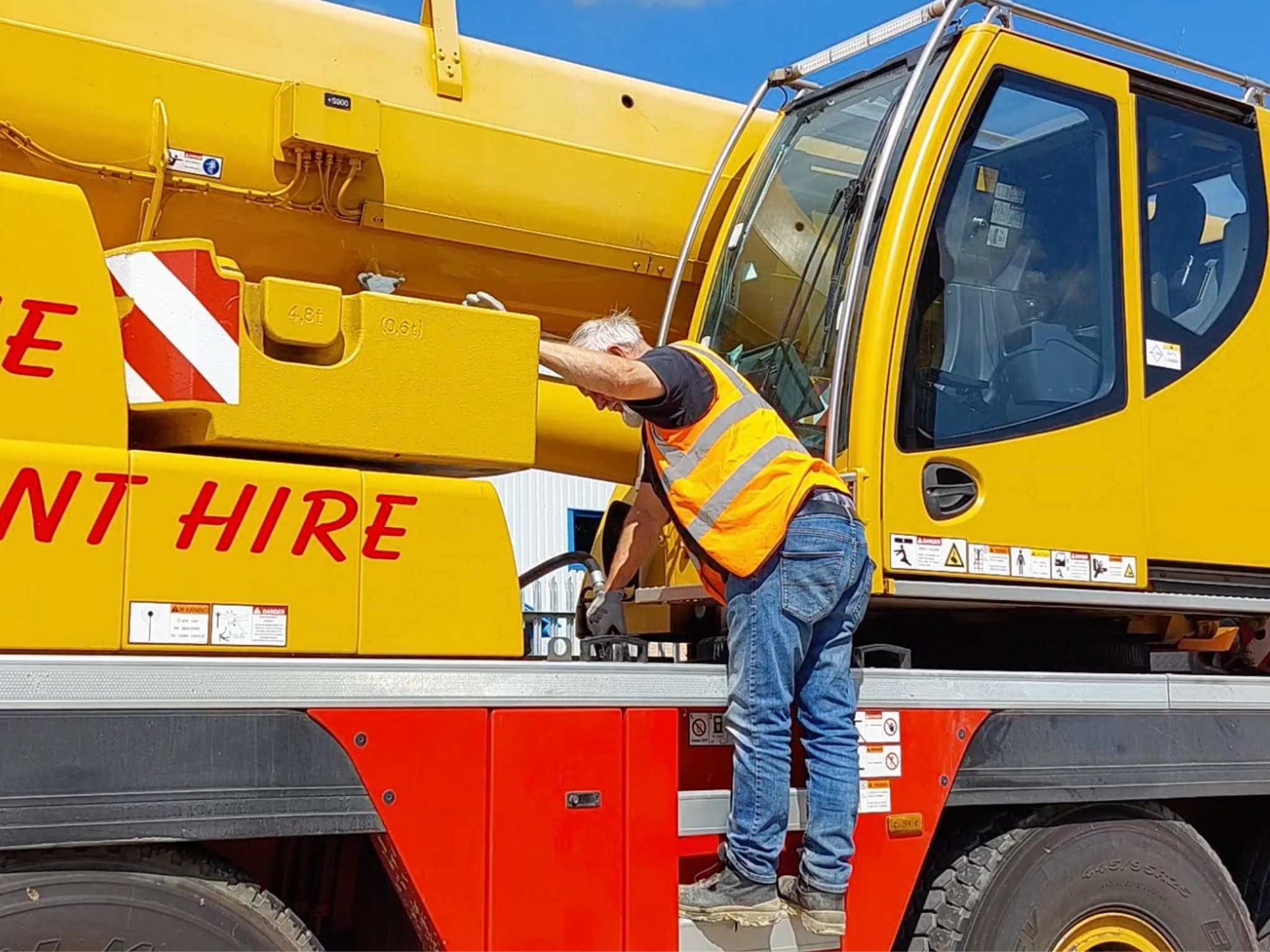
As a leading light in sustainability within the lifting sector, Cadman Cranes has come a long way on its green journey over the past few years.
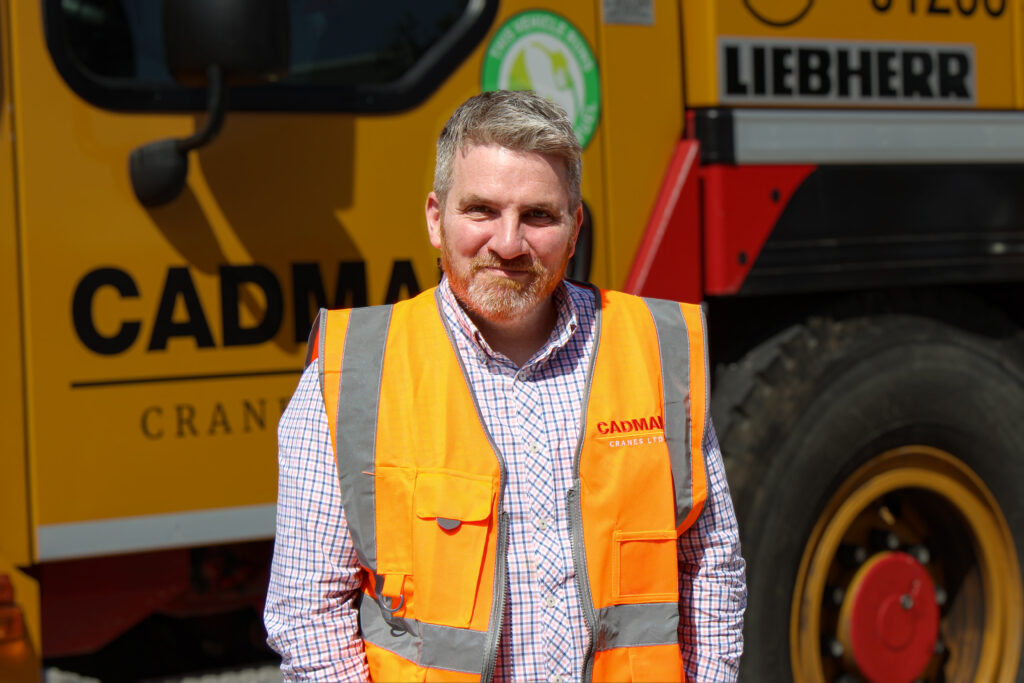 CPN talks to MD Matt Waddingham about the transformation of its operations and what the future looks like for the business.
CPN talks to MD Matt Waddingham about the transformation of its operations and what the future looks like for the business.
- What made you decide to embrace sustainability as a business?
- Covid was certainly a turning point for us. It was strange and uncertain time for business. But it did allow us a moment of reflection and we were able to ask ourselves some tough questions.
Before Covid we were mindlessly chasing profit. However, once we returned there was a desire, a need, for it to be about more than that. From this point, our purpose and values crystallised and a big part of that was sustainability – in all its forms.
Plus it helped having my son come home from school telling me that my generation has ruined the world and asking what I’m doing about it!
- What was the first step you took to becoming more sustainable and when did you start implementing processes to become more sustainable?
- It’s important to be clear that sustainability for us is not just about the environment, it’s also about people and communities and the resilience of our business.
Our environmental sustainability journey started in early 2021. We looked at our business and asked ourselves where we were doing the most harm. It wasn’t a hard question – moving hundreds of tonnes of metal around the country every day is thirsty work. The cranes run at under three miles to the gallon, and we get through a lot of fuel. We have been tracking our CO2 since 2016 but that’s all it was – and the more we grew, the more CO2 we produced. Which is why we started looking at alternatives to diesel.
Batteries are not powerful enough for a mobile crane on the road and hydrogen, though exciting, is some way off yet. We started looking at biofuel alternatives without any real understanding of what they were. We stumbled upon some articles about hydro-treated vegetable oil (HVO) and after a bit more digging, we were staggered by the properties and benefits that this fuel demonstrated.
- Did you find that there were barriers to becoming more sustainable to start with? What did you do to overcome this and measure your success?
- Because we were the first to ask the question about sustainable fuel we didn’t have approval from the manufacturers. Thankfully our main supplier – Liebherr – were already looking at it and I like to think our enthusiasm influenced them to sign off on HVO for all their newer machines. Once we had that we haven’t really looked back.
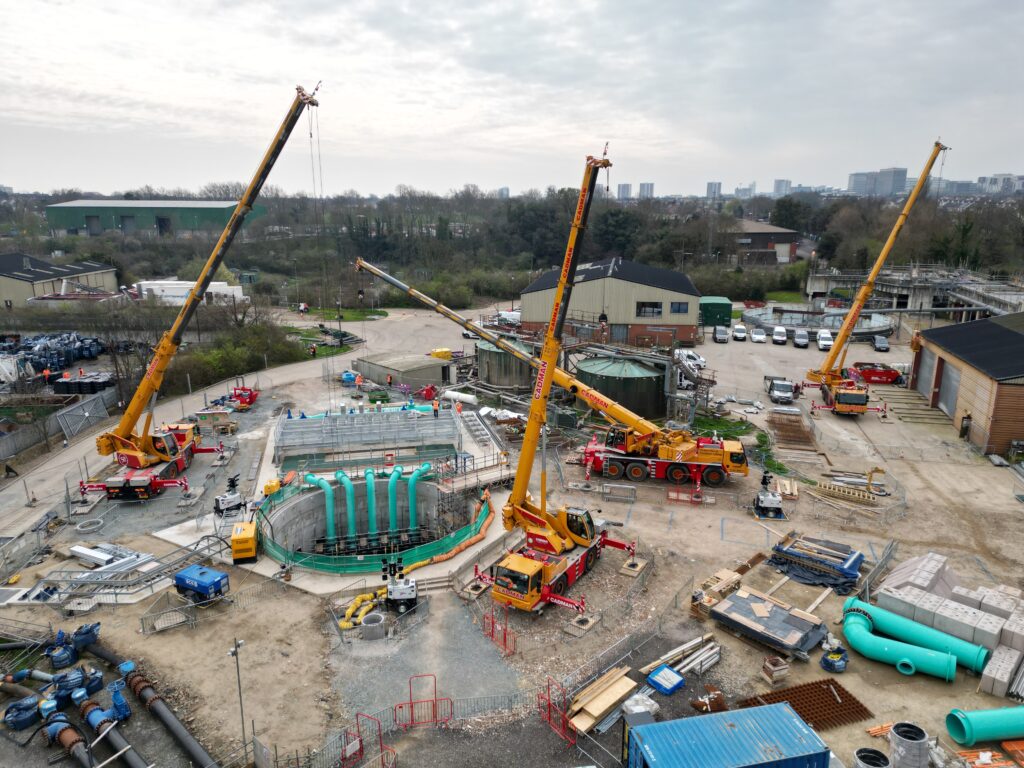
Since we’ve switched to HVO fuel, we’ve reduced our CO2 by 95% in four years. We also measure our waste recycling, energy recycling, water consumption, road miles, community and charitable engagement, staff retention as well as CO2 in our supply chain. We put targets on these things and call that success.
We’re only a small company and our real success, which is more difficult to measure, comes from how we can influence others. If we can bring about, or at least accelerate change, then that’s where we can have the real impact.
- How have you engaged with the wider team / suppliers / partners to ensure everyone is onboard and shares your principles?
- I want everyone on board, but I am not going to tell anyone what to think. Saying that, the engagement has been positive, and our people are challenging things, asking questions and promoting it to our customers. We just need to provide the information, tell our people why we are doing things, give opportunities to engage and be consistent.
With regards to the wider supply chain, this is the current challenge – but we’re working on it!
- Do you have any tips for other businesses looking to follow suit?
- Just go for it. It’s not that difficult once you commit to it. You don’t have to change the world; you just have to make an impact where you can.
There is an investment of time and money, however it allows you to target clients and projects where sustainability is prioritised – this is often where the real money is being spent.
- What are your core sustainability goals over the next five years? And where do you see the sector in 10 year’s time?
- We want to be net zero for our own operations by the end of 2025. This may mean offsetting the last few tonnes which is something we want to understand better.
We need to ask ourselves: is it better to pay an amount of money to get some carbon credits for a project somewhere in the world and be able to say you are Net Zero? Or is better to forget Net Zero and donate that money to a local school to put up solar panels or a bio-diversity garden? I don’t have the answer yet.
Being sustainable is quite easy in some industries but plant operators are changing the landscape of the country so we’re going to be making an impact. The key is to make our impact in the least harmful way possible. After that I think incentivisation is the key – from end user to investor through main contractors to plant operators right down to manufacturer we need to link sustainability to success.
Ultimately, this is not going away. I think it will be the challenge of ours and our children’s lifetime and whether it’s by choice or by regulation, companies are going to have to adapt. But we’ve been doing that for decades, I have every confidence in the will and ingenuity of this industry.

